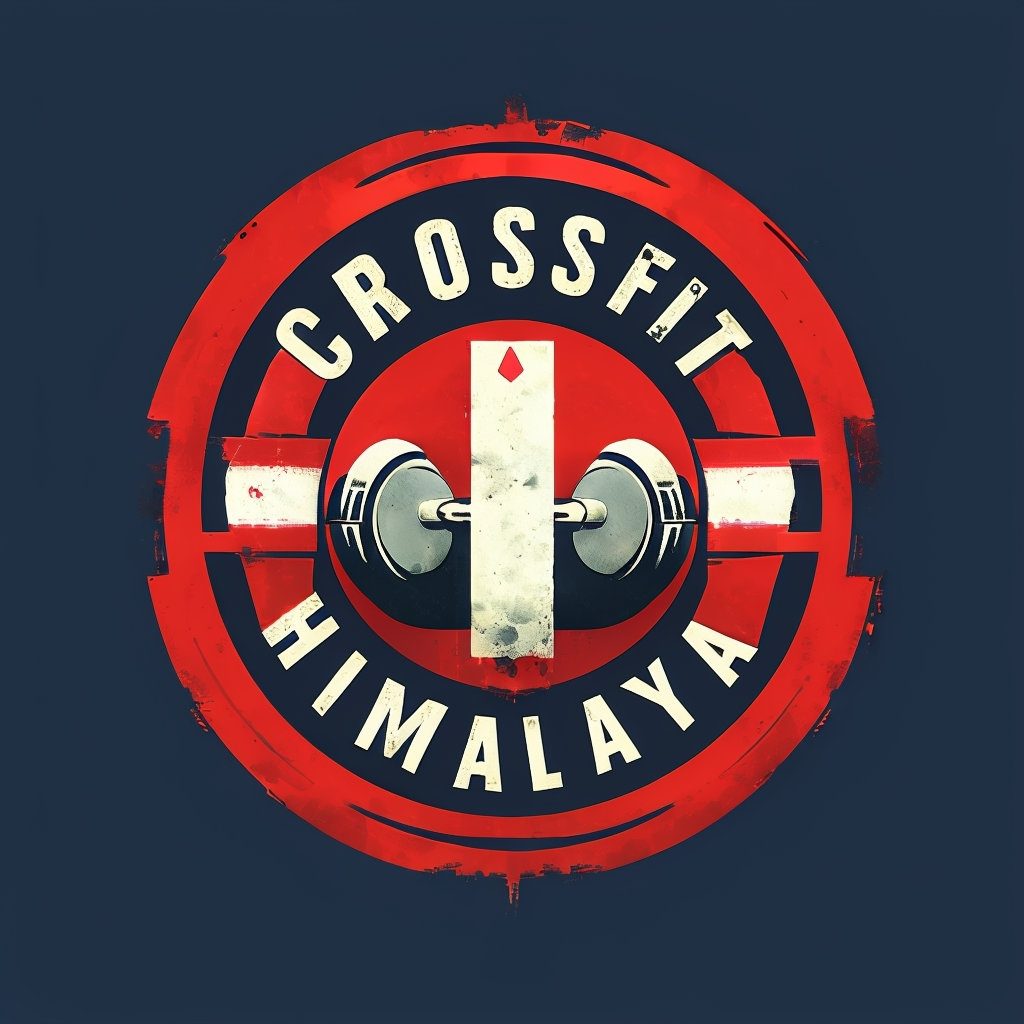Understanding Modern Pentathlon
In the fascinating realm of Modern Pentathlon, athletes must master five distinct sports disciplines: fencing, swimming, equestrian show jumping, laser pistol shooting, and a cross-country run. This unique constellation of events requires practitioners to adopt a methodical and diverse approach to their training. The key to excelling lies in performance optimization, which demands a finely tuned balance of skills and endurance across these varied competitions.
Modern pentathlon pushes athletes to extract the ultimate potential of their physical and mental capabilities. Multidisciplinary training becomes indispensable as it prepares athletes to switch seamlessly from one challenge to another, ensuring high performance across all contests. A thorough understanding of each sport’s nuances helps athletes not only to hone specific skills but also to maintain competitive edges.
Also to read : Unlock Peak Muscle Recovery: Essential Nutritional Strategies for Weightlifters
By focusing on comprehensive training regimens, competitors can effectively bridge the gap between different sporting disciplines. This approach fosters a strategic mindset, enabling athletes to fine-tune their performances. Therefore, excellence in modern pentathlon is a symphony of disciplined practice, sharp strategy, and unparalleled dedication to mastering all its multifaceted elements.
Training Strategies for Multi-Sport Competencies
Navigating the multifaceted world of Modern Pentathlon requires a keen focus on Multi-Sport Training and Skill Development. Athletes must employ tailored coaching techniques that address the unique demands of each discipline. Key training techniques for fencing, for instance, might prioritize agility and strategic thinking, while swimming training focuses on breathing techniques and endurance. Equestrian show jumping demands precision and partnership with the horse, necessitating specialized training sessions.
Also to discover : Unlocking Skydiving Harmony: Essential Tips for Safe and Effective Tandem Communication
Integration of different sports disciplines not only enhances specific skills but also promotes overall athletic development. Cross-training, for example, has been shown to improve cardiovascular health and muscle strength, which are crucial across all events. This holistic approach encourages adaptability, enabling athletes to transition seamlessly between sports.
The role of professional coaching is paramount in ensuring training effectiveness. Skilled coaches develop comprehensive programs that carefully blend sport-specific exercises with general fitness work. They bring expertise in optimizing technique, improving performance, and preventing injuries. Guided by a coach, athletes receive feedback and individual attention, essential for honing skills across all disciplines. Such comprehensive strategies in multi-sport training not only refine competencies but also contribute to sustained athletic performance.
Expert Tips for Peak Performance
Achieving peak performance in modern pentathlon requires careful attention to several key areas, including discipline-specific techniques, cross-training advantages, and effective recovery strategies.
Discipline-Specific Insights
Athletes should focus on discipline-specific insights, which involve understanding the unique demands of each event. For example, specialising in fencing might involve practising quick reflexes and strategic movements, while swimming emphasizes technique and endurance. Elite athletes recommend setting measurable goals for each sport, allowing for targeted improvements and incremental progress.
Cross-Training Benefits
Cross-training offers tremendous benefits, enhancing not just physical capabilities, but also overall fitness. Engaging in activities like cycling or swimming outside the core disciplines helps improve cardiovascular health and muscle strength, thus supporting performance across all pentathlon events. Cross-training encourages the body to adapt to different forms of exertion, promoting versatility and resilience.
Recovery Strategies
Effective recovery strategies are crucial for sustaining performance at a high level. Techniques such as proper sleep, nutrition, and active rest—such as low-intensity activities—enable athletes to remain fit without overstraining. Understanding your body’s signals and allocating sufficient recovery time can help prevent fatigue and reduce the risk of injuries, setting the stage for consistent progress.
Nutritional Guidance for Pentathletes
Balancing intense training and a hectic lifestyle demands a carefully crafted sports nutrition plan to ensure optimal performance in modern pentathlon. Essential nutrients like carbohydrates, proteins, and fats play vital roles in endurance and strength. Carbs provide the necessary energy, proteins aid in muscle repair, and healthy fats serve as energy reserves.
Pentathletes often have busy training schedules, making meal planning crucial. Consuming balanced meals with the right proportion of macronutrients can help sustain energy levels and support recovery. Including snacks that provide quick energy boosts, like nuts or fruits, can be advantageous between events or training sessions.
Hydration strategies are equally important. Maintaining proper fluid intake enhances performance and aids in temperature regulation. Athletes should tailor their hydration plans based on the intensity of activities and environmental conditions. Drinking water regularly and integrating electrolytes can prevent dehydration and enhance endurance.
Incorporating a well-rounded dietary approach allows pentathletes to meet their caloric and nutritional needs, vital for competing successfully across diverse disciplines. Adhering to precise nutrition and hydration protocols can significantly impact overall performance and recovery.
Mental Preparation and Focus
In the demanding world of modern pentathlon, developing mental toughness is as crucial as physical training. Visualization techniques play a vital role in cultivating a competitive mindset. Athletes often use mental imagery to envision successful performances, which enhances motivation and boosts confidence. Engaging in these mental exercises can help athletes navigate the pressures of competition by mentally rehearsing scenarios, thus preparing them for real-life events.
Fostering a strong competitive mindset involves continuous effort and strategy. Techniques such as breathing exercises, mindfulness, and positive self-talk can significantly improve focus. These methods enable athletes to remain calm and collected under pressure, enhancing decision-making and execution during competitions.
Motivation is another key aspect requiring constant nurturing. Setting achievable goals, maintaining a journal of successes, and celebrating small victories can prevent burnout and promote sustained enthusiasm. By shifting focus onto incremental progress rather than outcomes, athletes can maintain a positive outlook throughout their training and events.
Ultimately, by integrating these mental preparation techniques into their routines, pentathletes can sharpen their mental edge, equipping themselves to overcome challenges and excel in their disciplines.
Common Challenges in Multi-Sport Training
Balancing training loads while excelling in Modern Pentathlon requires keen Time Management skills. Athletes must efficiently allocate time across five demanding sports disciplines to ensure thorough preparation. A systematic scheduling approach helps prioritize workouts and minimizes the risk of overtraining.
Dealing with Injuries
Athletes often face common injuries, such as muscle strains or joint issues, due to the varied physical demands of multi-sport training. Injury Prevention becomes crucial, with strategies like proper warm-ups and cool-downs, stretching routines, and listening to bodily signals. Seeking professional advice for recovery and rehabilitation can also significantly reduce downtime.
Maintaining Motivation
Maintaining a high level of motivation can be challenging. Fluctuations in performance or training setbacks may test an athlete’s dedication. Techniques such as setting realistic goals, keeping a positive mindset, and celebrating small victories can aid in overcoming these hurdles. Engaging with a supportive community or mentor offers encouragement and shared experiences, reinvigorating the passion to pursue excellence.
By addressing these training challenges with strategic planning and support systems, athletes can navigate the complexities of modern pentathlon successfully, enhancing both their performance and enjoyment of the sport.
Conclusion and Call to Action
Engaging in Modern Pentathlon hinges on continuous learning and community support. By tapping into training resources like online platforms, workshops, and expert webinars, athletes can stay abreast of the latest techniques and strategies. Embrace the wealth of knowledge available to optimize your performance.
Joining a training community not only provides access to resources but also fosters a sense of camaraderie. Interacting with fellow pentathletes offers valuable insights and shared experiences. Whether you’re part of a local club or an online forum, a supportive network can significantly enhance your training journey.
To catalyze growth, athletes should actively share experiences and outcomes with others. Regularly exchanging tips and milestones cultivates an environment of improvement and mutual encouragement. Documenting your progress not only helps you track advancement but also inspires peers facing similar challenges.
Remember, the road to excellence in modern pentathlon is filled with learning and growth opportunities. By embracing continued education and leaning on a robust support system, athletes can enhance their competencies and enjoy a rich, rewarding experience in the sport. Step forward with confidence, and embrace the journey ahead.


